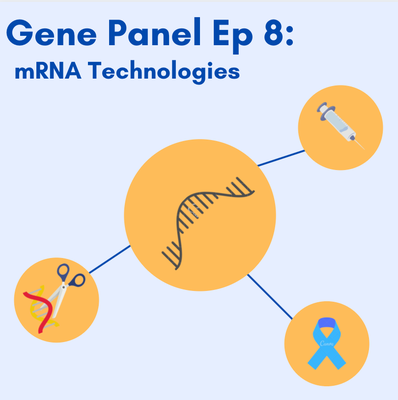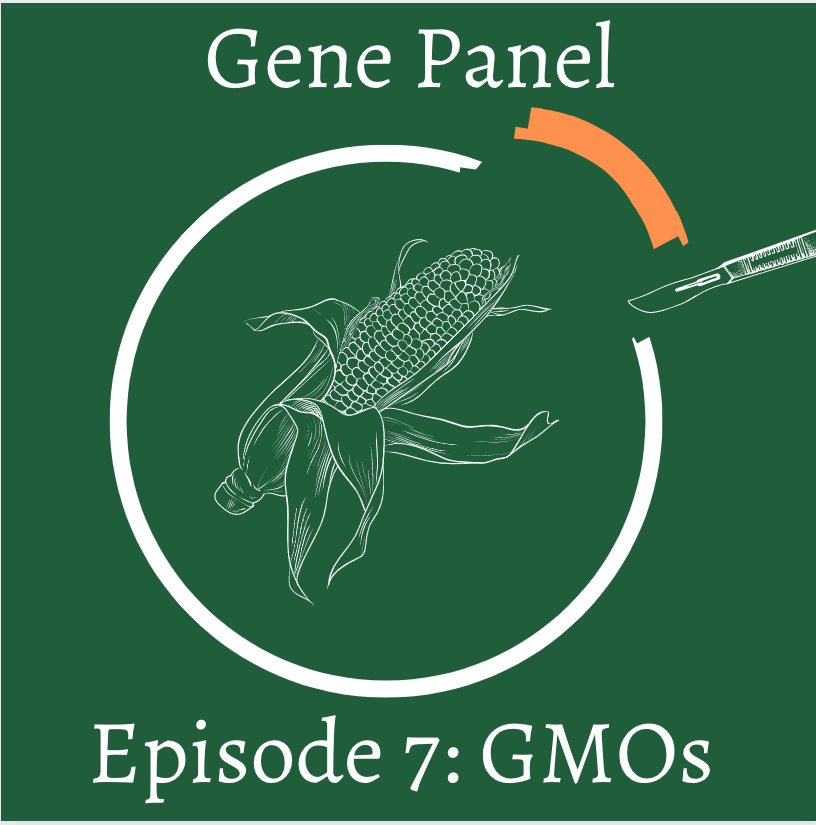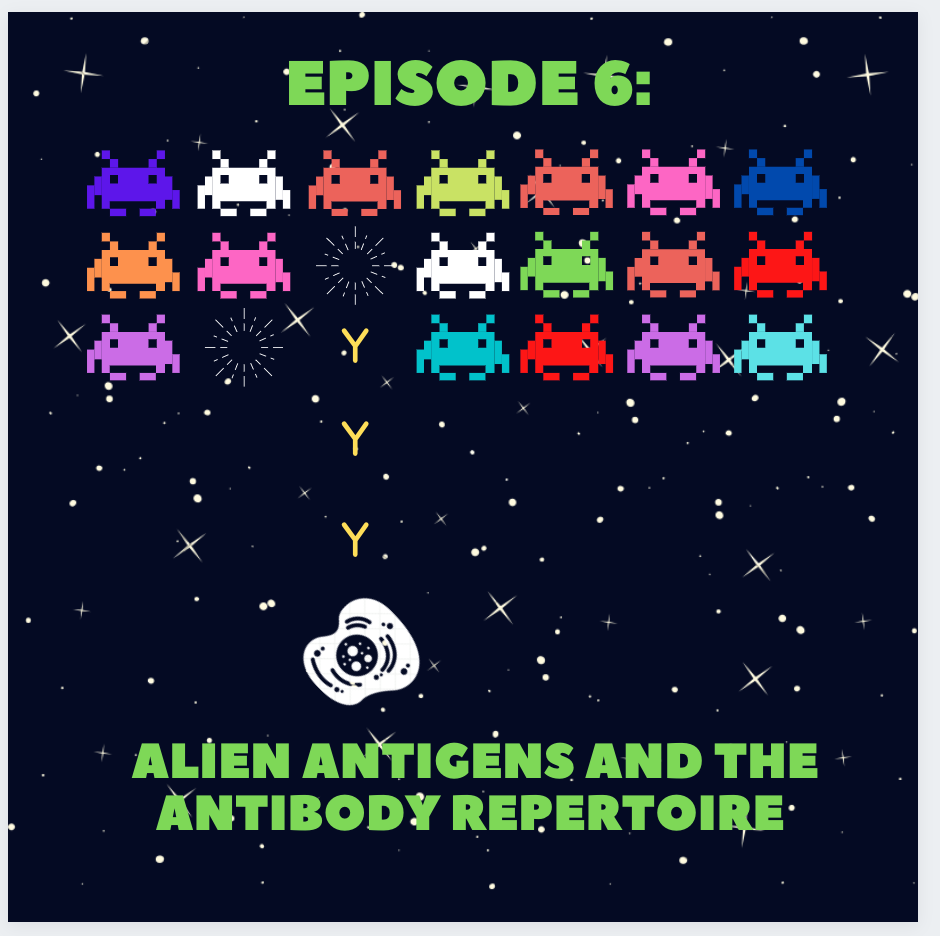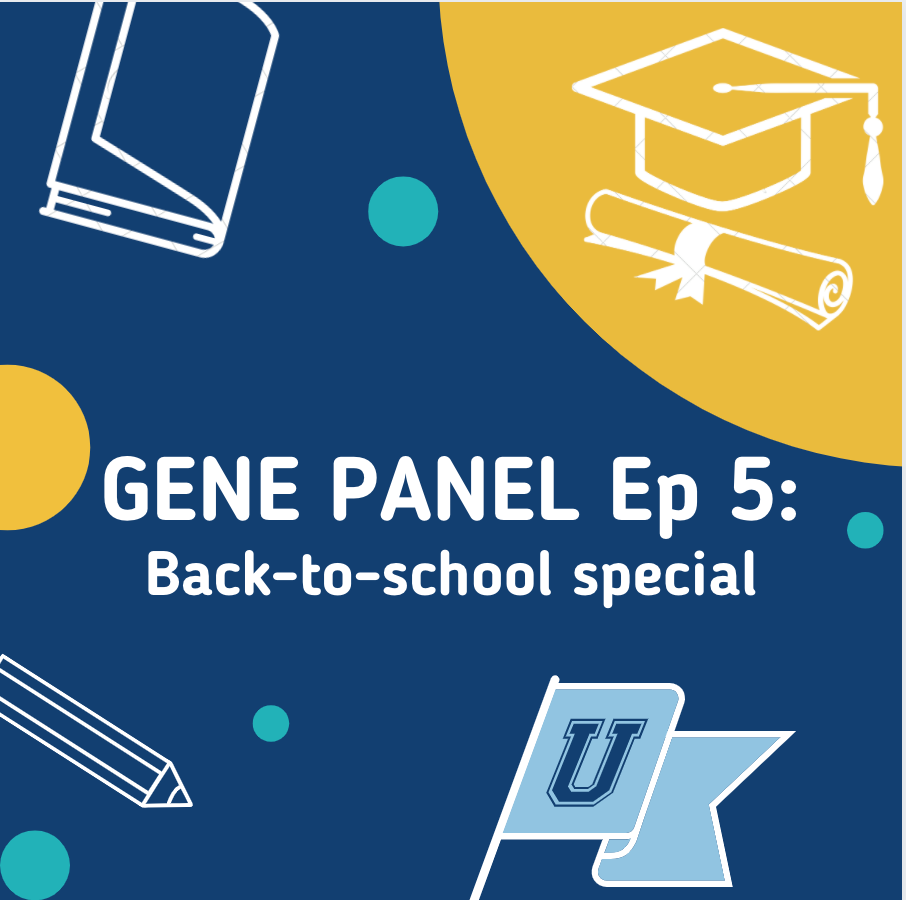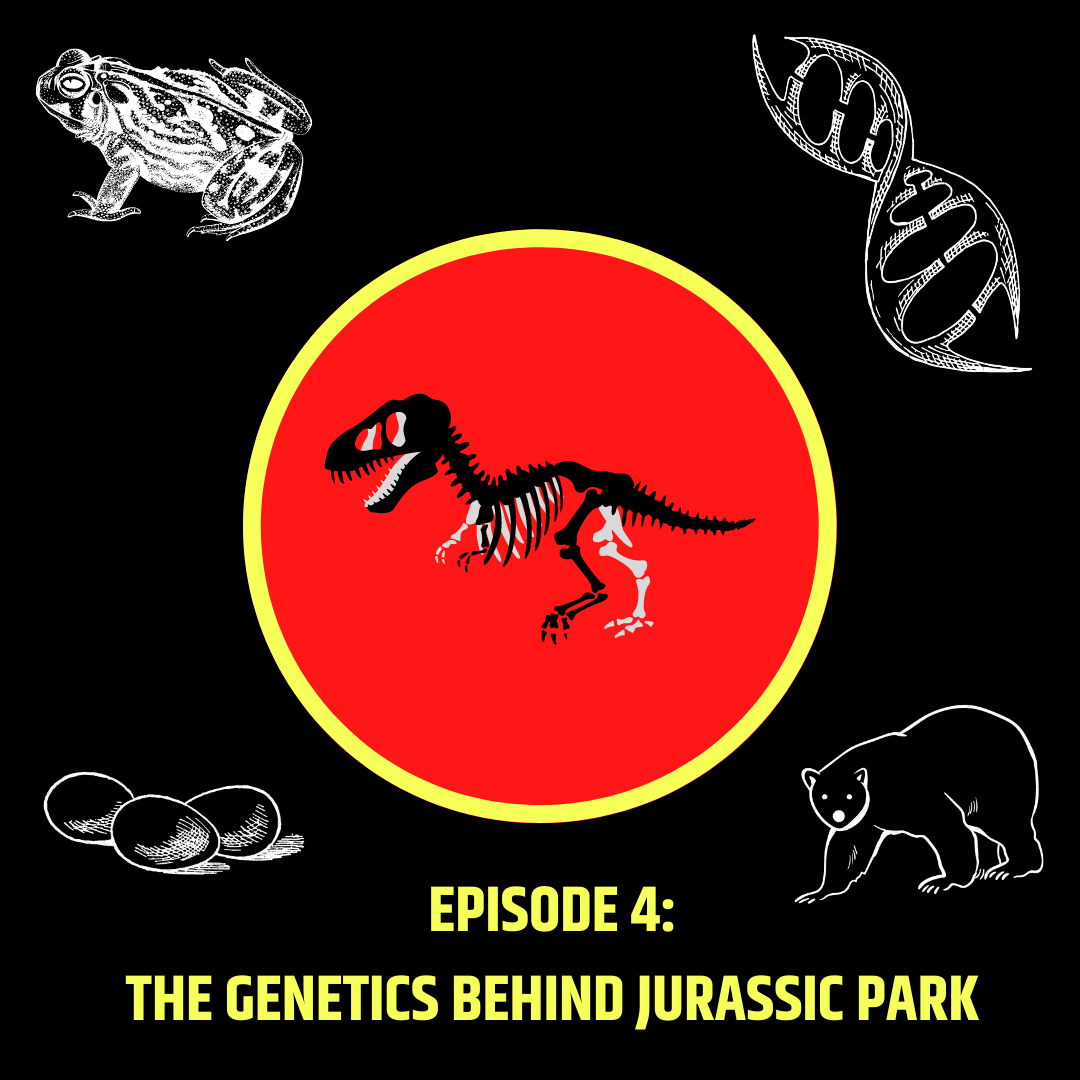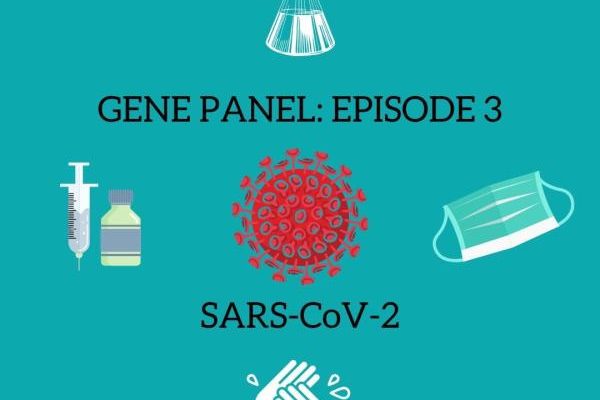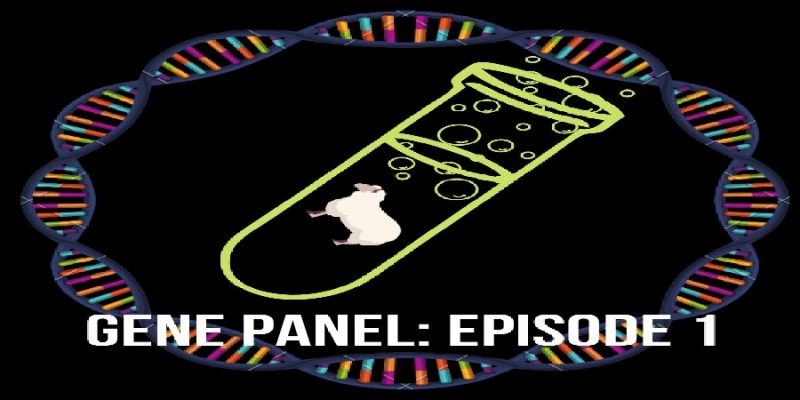Podcast: Play in new window | Download
Subscribe: Apple Podcasts | Spotify | | More
On the first episode of the Gene Panel Podcast, Alireza and Julian briefly introduce themselves as well as the podcast. They describe the podcast’s genesis story and the motivation behind starting a show that stars everything genetics. Importantly, to set the precedent for future discussions regarding genetics, this pilot episode serves to define what a “gene” is by taking a brief look at the dynamic history of genetics all the way from the 1800s till the modern day. The pair also commentate on a talk given by Gerald Fink, who is a professor at the Massachusetts Institute of Technology, who discusses the protein-oriented definition of a gene (i.e. the Central Dogma) and how significant such a definition has been in the advancement of many issues, from human health to climate change. However, as more research is done in the field of molecular genetics, we learn that a protein-oriented definition of a gene is not entirely all-encompassing…
http://news.mit.edu/2019/evolving-definition-gene-gerald-fink-killian-lecture-0405
